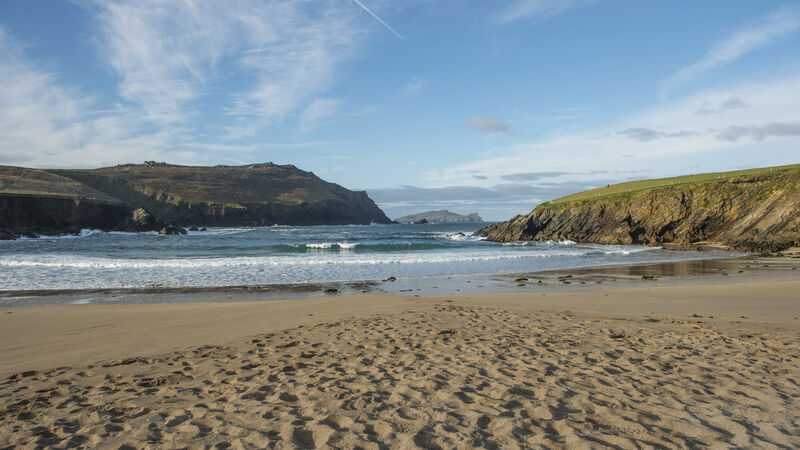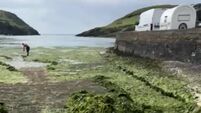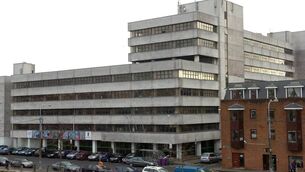Dingle sustainability initiative hailed by the UN

Clochar beach on Slea Head looking out towards An Fear Marbh on the Dingle Peninsula in West Kerry. Picture: Dan Linehan
A burgeoning partnership between community organisations in Dingle, the ESB, and Cork-based energy researchers has been lauded by the UN as a shining example of sustainable development.
The UN's Regional Information Centre for Western Europe (UNRIC), one of 63 around the world dedicated to highlighting global objectives and awareness of special projects, has highlighted the Dingle Peninsula 2030 project as a case study.













